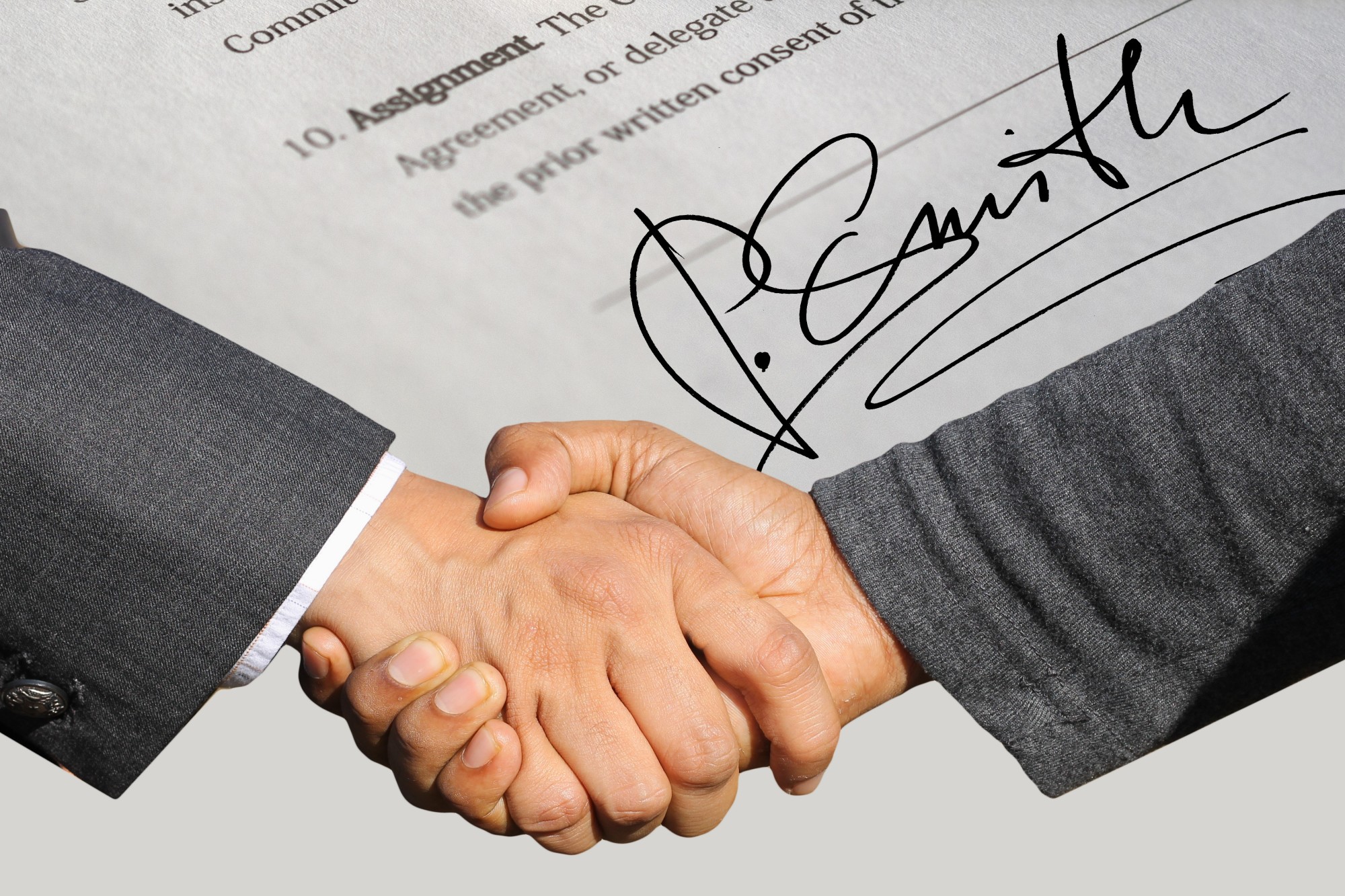Notary Public
A notary is a person who is able to perform limited legal formalities. Generally, notaries serve the public as an impartial witness to prevent or reduce fraud in signing important documents. In Florida, the governor approves or denies applications to become a notary public. To become a notary public, applicants must (1) take an education course, (2) contact a bonding agency, (3) complete the application, and (4) submit the application through your bonding agency.
Because notaries are vital to protecting against fraud, many legal documents must be notarized by a notary public. Deeds, oaths, acknowledgments, jurats, and other documents may require notarization. Notaries must follow strict guidelines by adhering to the requirements of the Florida Statutes.
Civil-law Notary
A Civil-law notary essentially is an attorney who is also a notary who is appointed by the Department of State. A Florida Civil Law Notary must be a Florida attorney who is a member of the Florida Bar in good standing. Unlike their common-law counterparts, they are able to provide legal advice and prepare instruments with legal effect. The Department of State appoints civil-law notaries.
Differences Between a Notary Public and Civil-law Notary
Generally, the major difference is that a civil-law notary has extensive training in the legal field. As mentioned, a civil-law notary must be a Florida attorney who is a member of the Florida Bar in good standing. This means that they must have received her/his degree from an accredited law school and the Florida Bar must register and certify the individual. On the other hand, public notaries must complete 3 hours of education and submit an application to the governor. Public notaries generally serve four-year terms while civil-law notaries serve for life.
Additionally, civil-law notaries can provide legal advice and certify the content of the entire document. They can also can provide services for wills, contracts, or other transactional documents.
If you have questions about notarization or whether you have a claim for improper notarization, please contact us. Our extensive experience in commercial litigation enables us to provide you with insight into various legal matters.






